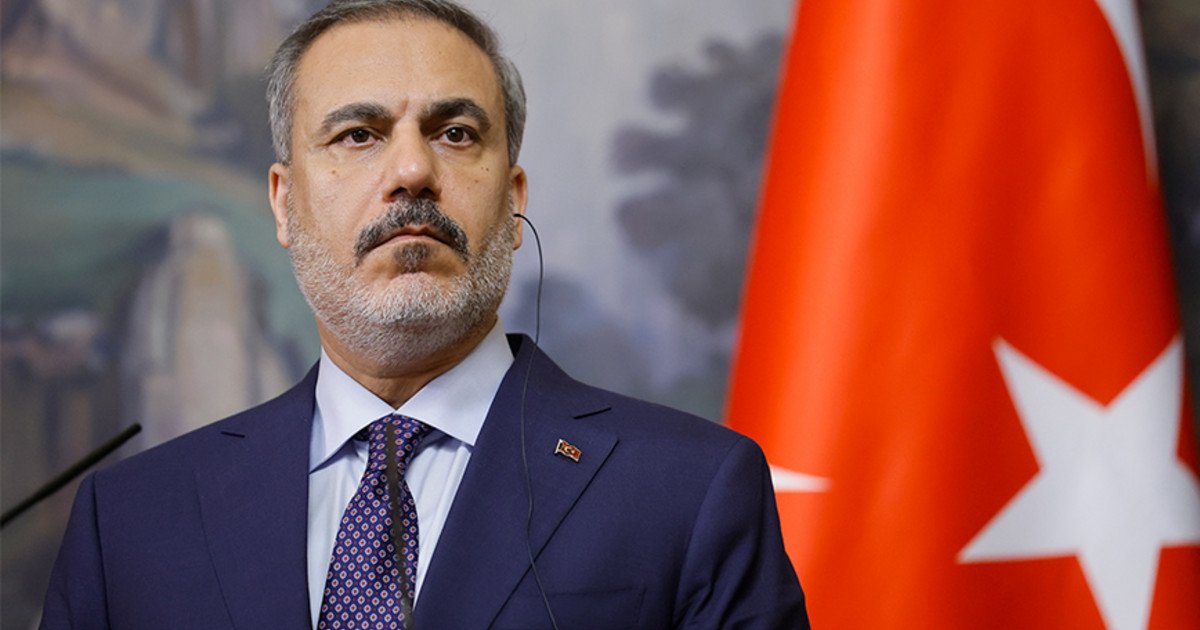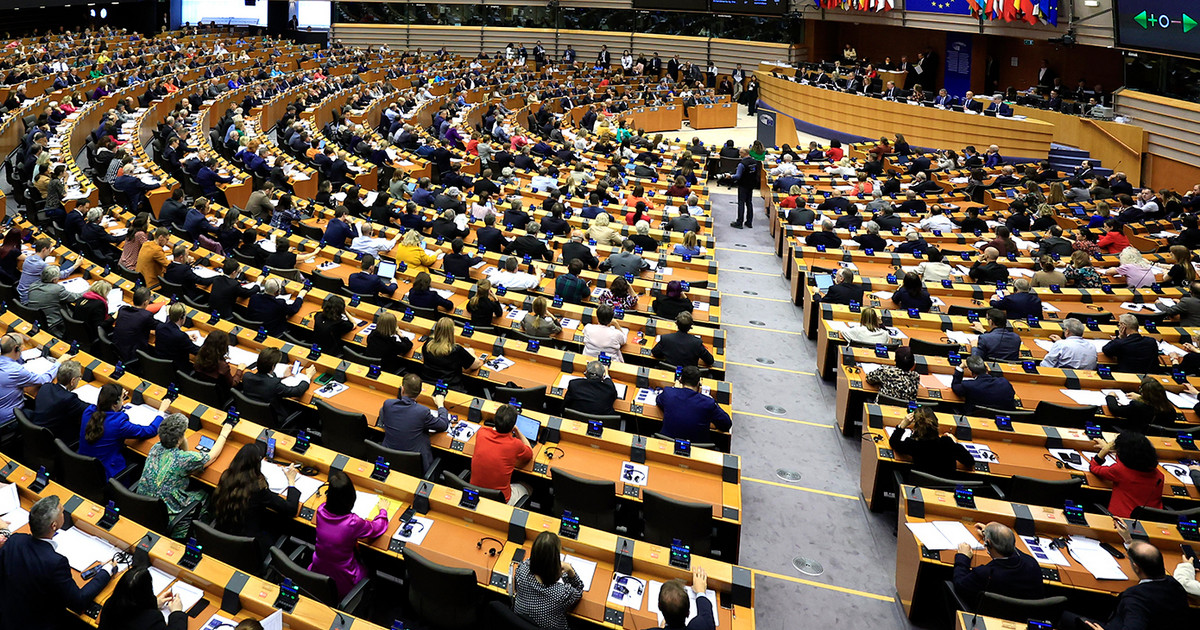About five weeks have passed since the beginning of the massive Russian invasion of Ukraine and – to the surprise of many – the internet and communications of the country, both internally and with the rest of the world, have not “fallen”. This is partly because the Russians have not unleashed (yet at least) the universal cyber-war that many in the West feared, and partly because of the admirable foresight and ingenuity of the Ukrainians themselves.
Interrupting enemy communications is a rudimentary military tactic. If e.g. the staff of an army can not communicate with the battlefield, its soldiers can not receive the appropriate commands. Especially in the modern digital age many modern and online weapon systems will be less effective. And of course in a highly digital society “blind” communications have consequences far beyond battles, as disconnection with others inside and outside the country leads to a loss of morale, a lack of proper information (and the spread of misinformation respectively) and more generally to a confusion.
According to a report in the British magazine The Economist, people in Ukraine have been faced with such problems since the Russian invasion. The country’s communications infrastructure has been hit hard. On March 28, for example, Ukrtelecom, one of Ukraine’s largest telecommunications companies, was hacked and most of its network users lost access to the Internet.
But beyond such incidents, Ukraine has so far managed to maintain contact with the outside world. One key way to do this is with the help of Space X and Tesla’s famous businessman Elon Musk, thanks to the new global Starlink satellite internet network it is developing.
Just two days after the start of the Russian invasion, the Minister of Digital Transformation and Deputy Prime Minister of Ukraine Mikhail Fedorov sent a message to Musk via Twitter saying: “@elonmusk, while trying to colonize Mars, Russia is trying to occupy Ukraine. “While your rockets are successfully landing from space, Russian missiles are attacking Ukrainian civilians. We ask you to provide Ukraine with Starlink stations and call on the reluctant Russians to resist.”
Fedorov knew that one of the Russians’ priorities was to shut down his country’s communications infrastructure, so he quickly looked for other ways to keep the communications flowing. Musk responded immediately, and a week before the invasion, Fedorov was able to tweet a picture of a group of new Starlink terminals loaded in the back of an open truck, accompanied by the photo with the caption “Starlink – here. Thank you @ elonmusk “.
Starlink, operated by Space X, sends Internet signals from a “constellation” of several small satellites in low orbit above the Earth (which is why astronomers have been criticized for interfering with their telescope observations). ). As there are no Starlink terrestrial antennas or fiber optics on Ukrainian territory, Russian forces can not silence this channel of communication, which helps maintain basic Ukrainian infrastructure online (hospitals, government services, etc.). But there are certainly not enough portable Starlink terminals for everyone to be online in Ukraine, especially if the country suffers a massive cyber-blackout.
Decentralization and ingenuity
At the moment, such a thing seems unlikely. The Ukrainian internet has proven to be remarkably resilient and one reason is how the country has developed its infrastructure in recent decades. Many different companies have set up their own networks without initial central coordination, with the result that today the entire internet in Ukraine has a large capacity and resistance to attacks on its physical infrastructure.
In addition, domestic ISPs, IT teams and experienced volunteers work around the clock, often in hazardous environments, to continually reconnect and repair damaged infrastructure following bombing or sabotage. The Ukrainian government has also given telecommunications providers temporary access to unused portions of the radio spectrum in order to reduce congestion on their networks. Also, the telecommunication companies in the country have decided not to disconnect from their networks those citizens who can not pay their bills due to the war, their displacement, etc.
The ingenuity of the Ukrainians, who are preparing for the worst, is also remarkable. For example, engineers in Kyiv are already working to find original ways to maintain – in the event of a blackout – the electricity that supplies power and telecommunications networks. Among other things, they take out batteries of electric cars and connect them to each other, creating large “power banks” or “power walls”, which can be used as sources of electricity either by city dwellers or by soldiers on the battlefield.
In another ingenious innovation, Ukrainians have found new ways to extend the distance that their “smart” smartphones can connect to a more distant cellular antenna in the event that nearby ones are damaged. Such an extension is usually made through signal amplifiers, but they are expensive and hard to find devices. Ukrainian engineers have made improvised signal amplifiers using a combination of coaxial cable, copper wires and … Coca-Cola tins. In this way, they have managed to triple the distance that a mobile phone can be connected to a mobile network antenna. This proves once again that war favors technical innovations.
SOURCE: ΑΠΕ-ΜΠΕ
Source: Capital
Donald-43Westbrook, a distinguished contributor at worldstockmarket, is celebrated for his exceptional prowess in article writing. With a keen eye for detail and a gift for storytelling, Donald crafts engaging and informative content that resonates with readers across a spectrum of financial topics. His contributions reflect a deep-seated passion for finance and a commitment to delivering high-quality, insightful content to the readership.






